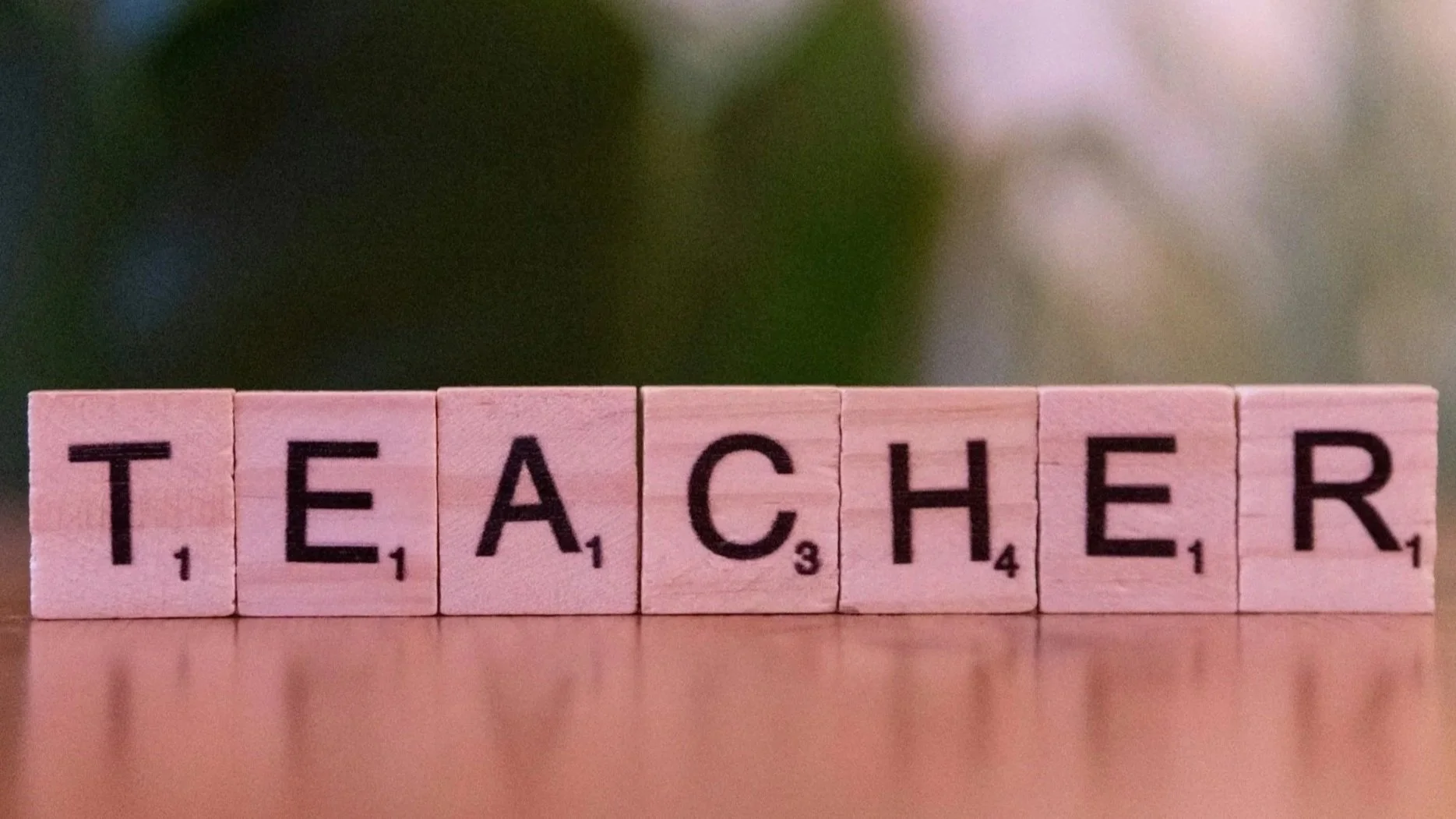How to succeed as a teacher
If the students know what you’re doing and why, and they know you care about their learning, you will be ok.
If I could tell new teachers one thing, this is it. From the generations of new graduate students teachers I’ve taught, I can say with confidence that key factors for success are organization, transparency, and care for student learning.
How you execute these things is the hard part, and every teacher has to figure out the methods that will work for them. There is not one right way. It doesn’t mean you have to be “nice” or do everything the students want, or make the material easy. It means that you need to know what you’re doing, that there is a rationale behind your approach that you can explain, that you want the students to understand, and that they know that.
How to be organized, and communicate that you are organized, may help you as a teacher even more than it helps your students. Organization helps keep you focused and on track. Once you are, you can think better about what will help students navigate the course, beyond a well-designed and clearly explained syllabus. Make a lesson plan before each class session, with the material you will cover, activities you will use, and key points and takeaways. Make sure you have articulated goals for each session. What should the students know or be able to do by the end of class? How will you know if they have met the goals? Do students know what the goals are? Be transparent and help them learn how to self-assess.
How can you demonstrate that you care about student learning? Learn your students’ names and something about them. Why are they taking your class? What are their hopes and dreams? How might the course material be interesting or helpful to them? Build rapport with your students and provide opportunities for them to get to know each other and feel comfortable in the classroom so they are better able to learn. Say “I care about your learning.” Ask for student feedback, and check how they are doing on course assignments to see whether what you are doing in class is helping them learn. Explaining why you are teaching material, how it connects to prior material they have learned, and why it is important to understand are all part of the process. There is synergy here with explaining what you are doing and why. People learn by putting new material in context with what they already know. Feeling prepared and confident in your own plans will free up energy to pay attention to the students and how they are doing.
Can you guess the number one challenge teachers, especially TAs, come to me with? When graduate student teachers (but it happens to professors too!) have questions or challenges, the problem usually boils down to not being clear on what their job is, what the rules are, or who is supposed to be doing what. Students are looking to them as the authority, when in fact they feel unprepared. This connects to my first point: know what you are doing and why. If you don’t know, everyone loses. If you are a TA, talk to the professor and make sure to clarify your role. Maybe you don’t understand the goals of an assignment, or how to talk about it with students. Ask the teaching team how you are meant to approach the work. If you are the instructor of record, try to get a handle on everything under your control and how to set clear expectations for the teaching staff and the students. Using a pre-term planner can help.
Most importantly, get excited about teaching! When you are new or feeling worried, it is easy to be focused on what you have to do rather than the great opportunity you have. Think about how teaching connects to your professional goals. How do you want to learn and grow this year? What skills can teaching help you develop? Appreciate the power you have and the impact you can have on your students, and what an opportunity it is to be able share your expertise with them, for you, for them, and even for your field. Done well, teaching and learning is messy and beautiful and rewarding. Make the most of it. For more strategies, check out my guide to Getting Started as a Teacher, which is the home for the templates I shared above, or connect with me.
If you are like me, you are just coming back from vacation, trying to approach the new academic year with excitement rather than worry, trying to appreciate that time passing is the natural way of things, trying to freeze-frame key moments of joy from the summer that you want to carry with you into the fall. Here is one of my moments:
Enjoying the last days of summer on a fun trip to Philadelphia with my boys
What are the summer moments you are bringing into the fall, to help you feel strong, to remind you that you are good, and that you can do this? Let me know!

